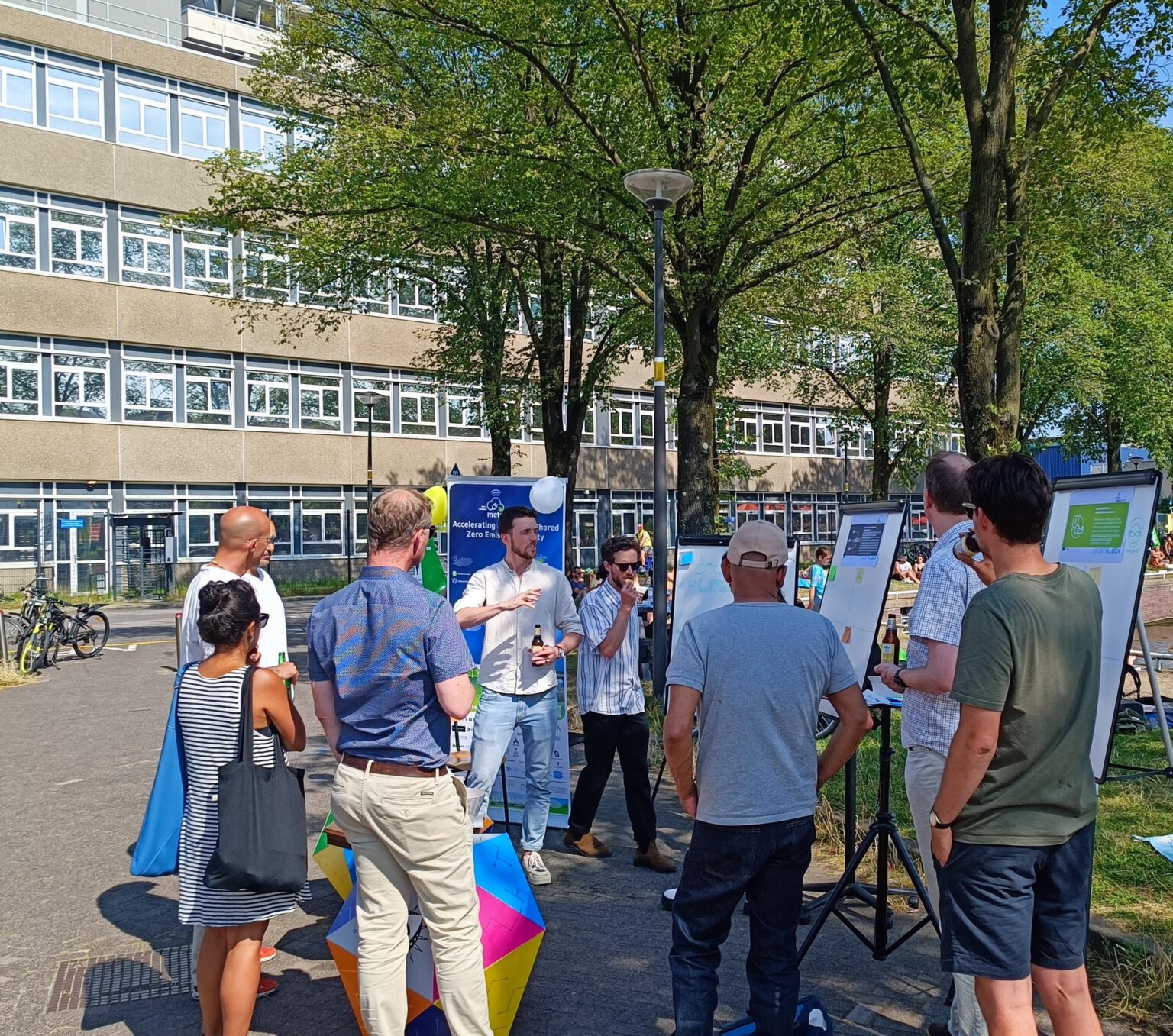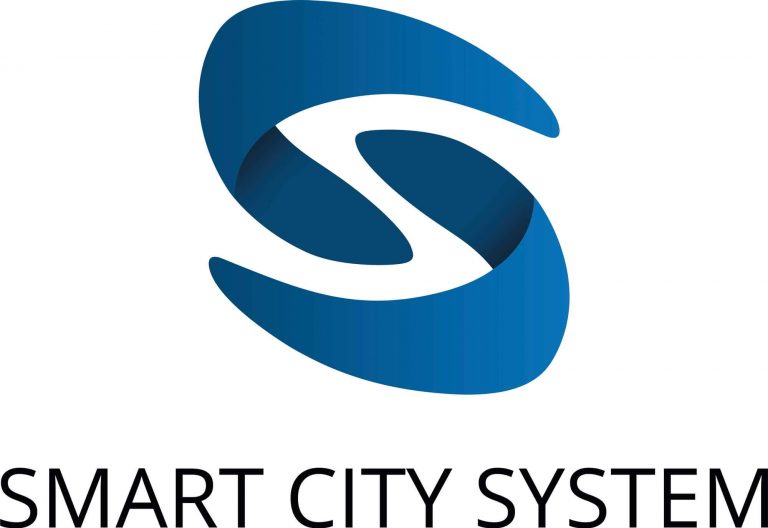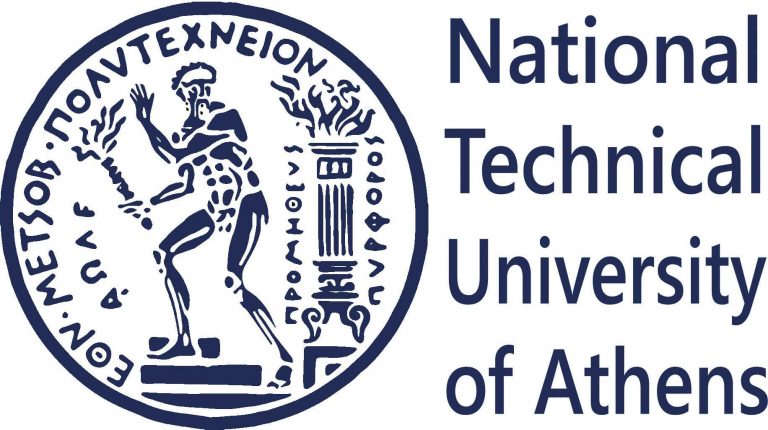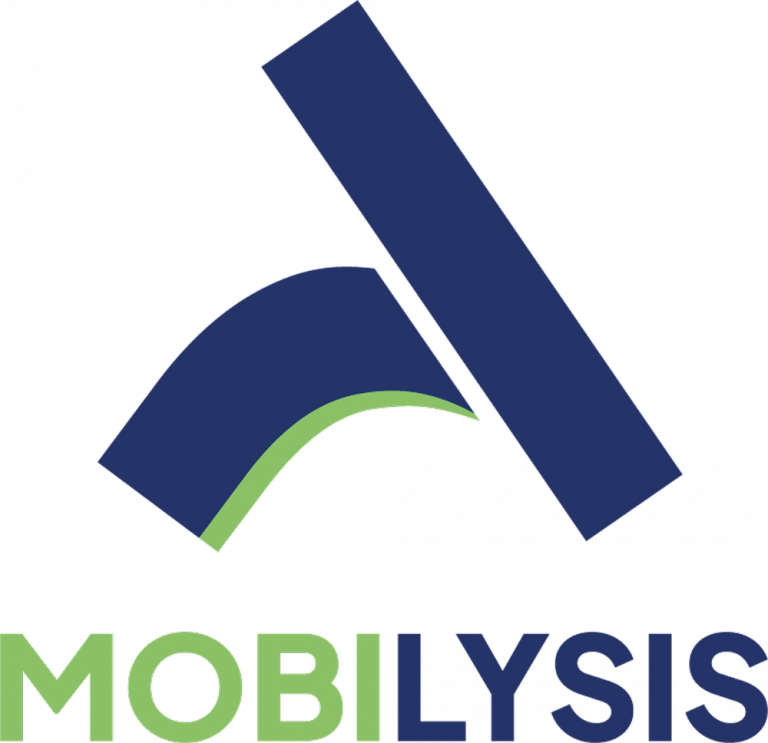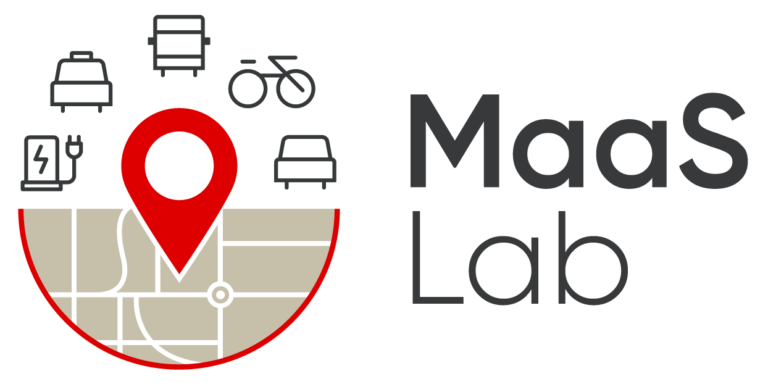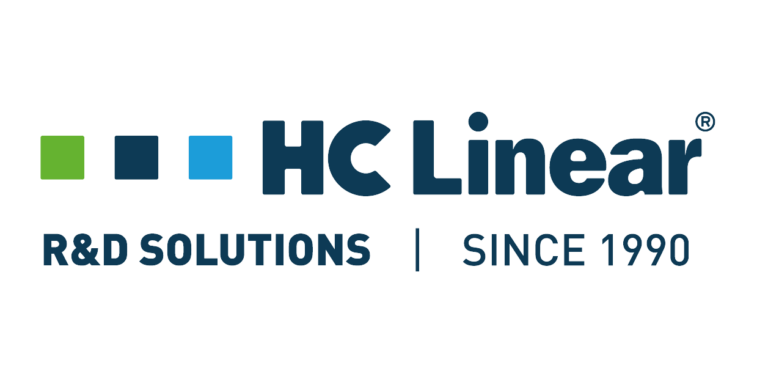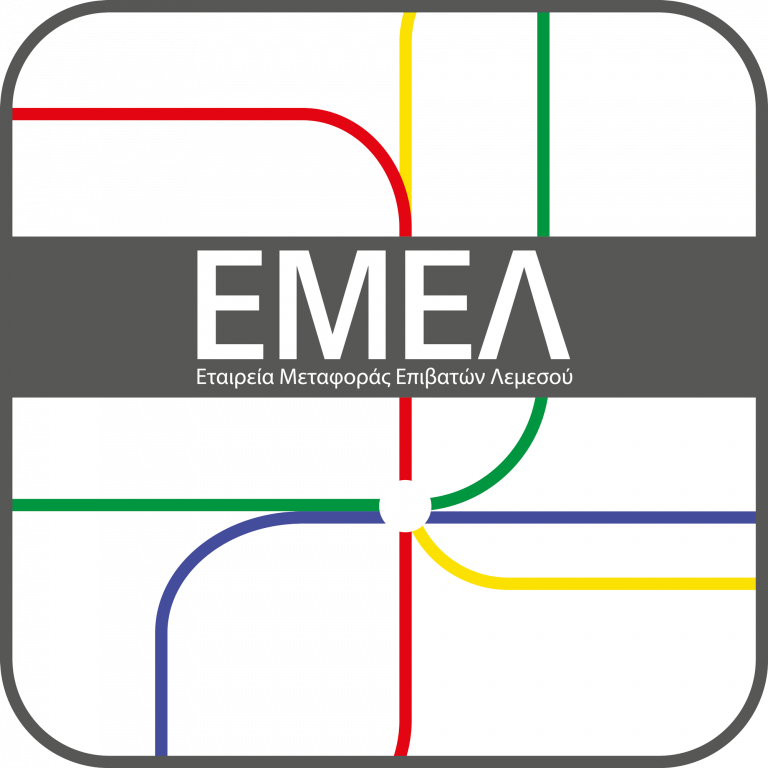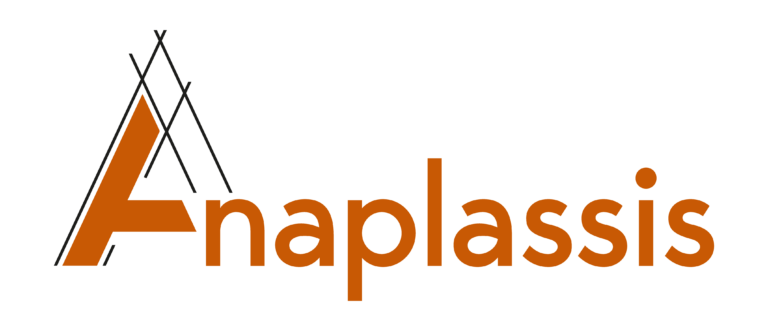On Tuesday, 30 July, the metaCCAZE partners hosted a public workshop to gather community feedback on the future use cases aimed at accelerating smart and shared zero emission mobility in the city.
The event was designed to to hear residents’ questions, concerns, and suggestions and to raise awareness about the metaCCAZE project. It was held at the Marineterrein, a vibrant area dedicated to collaborating, experimenting and learning about (future) cities. This area is home to the City of Amsterdam’s Innovation team and the AMS Institute.
The outdoor setting of the Amsterdam municipal innovation office provided an inviting atmosphere, with balloons and large metaCCAZE banners. Attendees, including metaCCAZE partners from the Amsterdam living lab, experts from Amsterdam Smart City, the software engineering school CODAM, and AMS Institute, as well as curious passers-by, were encouraged to participate through interactive whiteboards displaying the four future use cases:
- Waterborne Logistics: ZoevCity and Roboat aim to shift logistics from road to water using electric and autonomous vessels, reducing pressure on infrastructure and emissions.
- Intelligent Planning: TU Delft is developing tools to optimize demand planning and electric vehicle charge states for on-demand logistics.
- Adaptive Speed Governance: The Townmaking Institute provides commons-based infrastructure for traffic governance, focusing on place-based speed adaptation.
- Tradeable Mobility Credits: Technolution and TU Delft are creating a cap-and-trade system to manage traffic movements and mitigate negative impacts.
The event successfully collected valuable questions, concerns, and suggestions from the community. These insights will be instrumental in refining the use case ideas as the metaCCAZE project continues to develop innovative solutions for a more sustainable and liveable Amsterdam.
More about our Living Lab Amsterdam
The Amsterdam Living Lab in metaCCAZE focuses on developing and testing innovative solutions for sustainable urban mobility. By leveraging the city’s unique canal system and exploring smart technologies, the lab aims to reduce congestion, improve air quality, and optimise public space usage, making Amsterdam a model for future urban environments. Find out more here.
